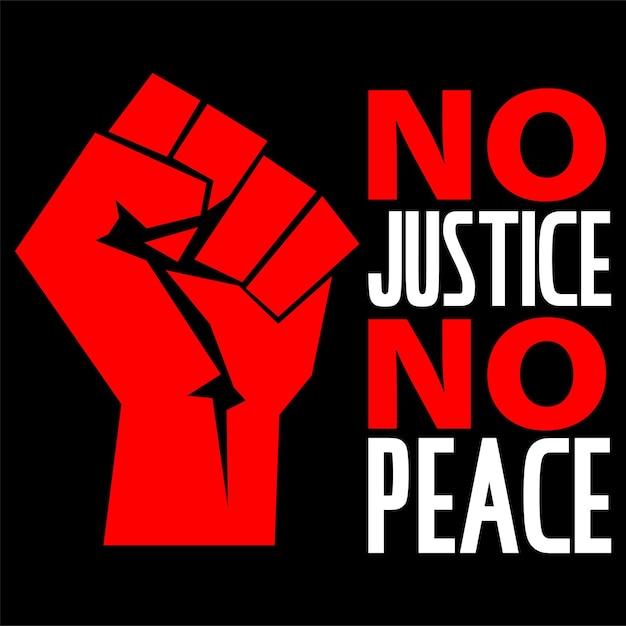By Muluken Tekleyohanes | Ambassador Media | October 30, 2025
The World Justice Project’s newly released 2025 Rule of Law Index has delivered a scathing assessment of Ethiopia’s justice system, placing the country 132nd out of 143 nations—a sharp indicator of deepening authoritarianism and institutional decay under Prime Minister Abiy Ahmed’s administration.
According to the report, Ethiopia has not only fallen further in global rankings but also ranks 30th out of 34 African countries, positioning it among the continent’s most compromised legal systems. The findings highlight a troubling erosion of judicial independence, shrinking civic space, and increasing political interference in legal processes—factors that together paint a bleak picture for democracy and human rights in the country.
“The rule of law recession accelerates as authoritarian trends expand,” the World Justice Project stated, warning that the decline in judicial independence and civic freedoms threatens democratic stability worldwide. Ethiopia was singled out as one of the nations where these patterns are particularly severe.
Observers say that what once promised to be a reformist administration has instead entrenched a culture of impunity, fear, and politically driven justice. Courts increasingly operate under executive influence, while citizens face arbitrary detention, censorship, and intimidation for exercising their constitutional rights.
Critics argue that the Abiy administration’s failure to uphold the rule of law has fostered an environment of “mob justice” and state-sponsored coercion. The justice system, once seen as a potential pillar of Ethiopia’s democratic transition, is now viewed by many as an instrument of political control.
Civil society organizations have repeatedly decried the lack of transparency in judicial appointments, the weaponization of legal institutions against dissent, and the systematic suppression of civic organizations. These developments, the WJP report warns, have “seriously undermined the foundations of democratic governance.”
As Ethiopia faces mounting domestic tensions and international criticism, the 2025 Index serves as a sobering reminder of the country’s drift from democratic ideals toward authoritarian consolidation. Unless immediate reforms are undertaken to restore judicial independence and civic freedoms, analysts warn that Ethiopia risks becoming a cautionary tale of democratic backsliding in Africa.
Accountability and Urgent Reform Needed
The Ambassador Media editorial board calls for urgent, lawful, and democratic action to restore justice and public trust in Ethiopia’s institutions. The current administration must be held accountable for the collapse of judicial independence and the culture of impunity that has taken root.
If Prime Minister Abiy Ahmed’s government cannot guarantee an impartial justice system, protect citizens’ rights, and uphold democratic principles, it must make way—through constitutional and democratic processes—for leadership that will.
Ethiopia’s future depends on a justice system free from political control, where citizens are equal before the law and institutions serve the people, not those in power.
